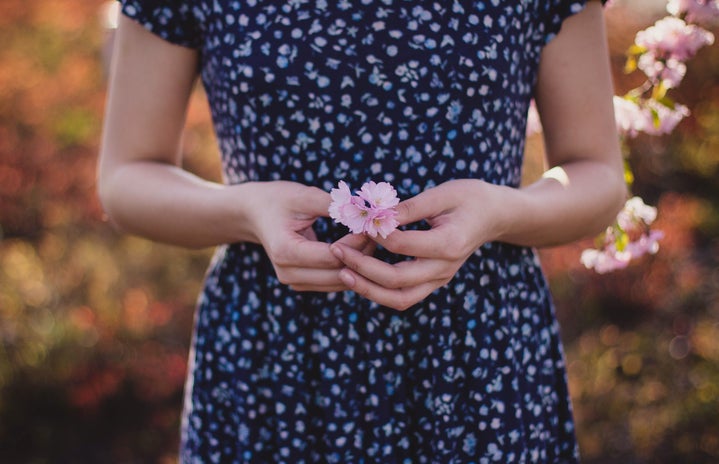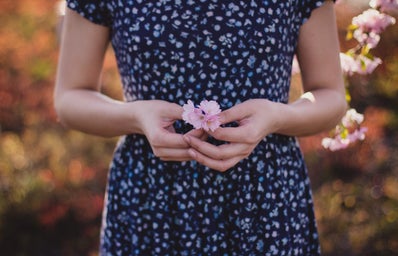It’s that time of year. The temperature is slowly rising, your spring clothes are creeping out of our closet, trees and flowers are blooming and your nose is starting to feel funny. Well, here comes spring and along with it, spring allergies! I’m sure those of you who have it really bad every year know the feeling of runny nose, itchy nose, itchy throat and watery eyes. If you start to constantly cough or sneeze, you know you have all the symptoms of seasonal allergic rhinitis, also known as hay fever. Seasonal allergies are caused by tree and plant pollens that irritate our nasal passages causing us to cough, sneeze and constantly blow our noses.
Research has shown that pollen counts are increasing every year and they are expected to double by 2040. The worst part is, more people are being diagnosed every year with hay fever around spring season. But on the bright side, research has proven that people can recover from these symptoms by minimizing exposure and taking allergy remedies. In fact, there are many ways to alleviate and even avoid annoying symptoms of spring allergies!
1. Check pollen counts every morning.
Before going out anywhere, always check the local news for up-to-date readings on the pollen count. If the levels are particularly high that day, try to limit your time outside and make sure to take allergy medications to avoid exacerbating your symptoms.
2. Shut the windows.
Especially when the pollen counts are high, make sure to close all windows at home or in the car to keep the pollen out. If you feel stuffy or hot, try to use a fan or an air conditioner instead.
3. Reschedule or move outdoor activities or plans to the afternoon.
Researchers have noted that pollen counts are usually highest from 5 to 10am. If you are planning on planting the garden or mowing the lawn or just going out for lunch, try to reschedule to late afternoon or even better, after sundown.
4. Head out on rainy days.
It’s actually better to go out on rainy or humid days because moisture helps clear pollen from the air. Dry, windy days are the worst since there’s a lot of pollen in the air. So if you have to run errands, try to go out when the humidity is high outside.
5. Dry laundry indoors.
Try to hang dry your laundry indoors because pollen can cling to your clothes, sheets and towels if you try to dry them outside. Also, hanging your laundry indoors helps the room become more moisturized, so it can help with alleviating your allergy symptoms.
6. Use high-efficiency filters.
Try using an indoor air filter or air refresher. They can help keep indoor air cleaner by trapping pollen and other allergens that can creep into your house.

